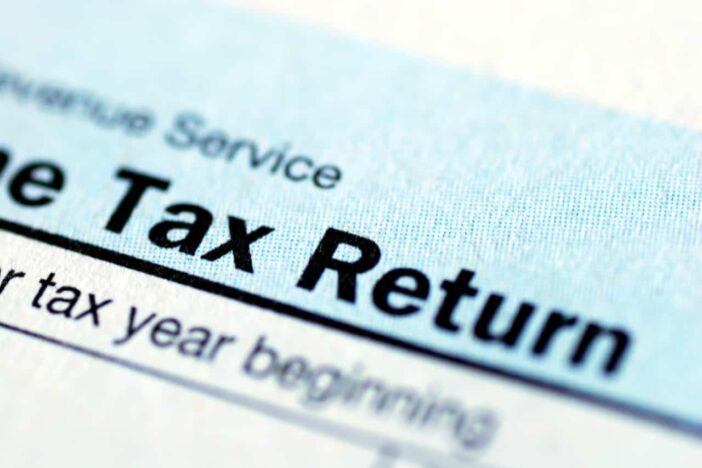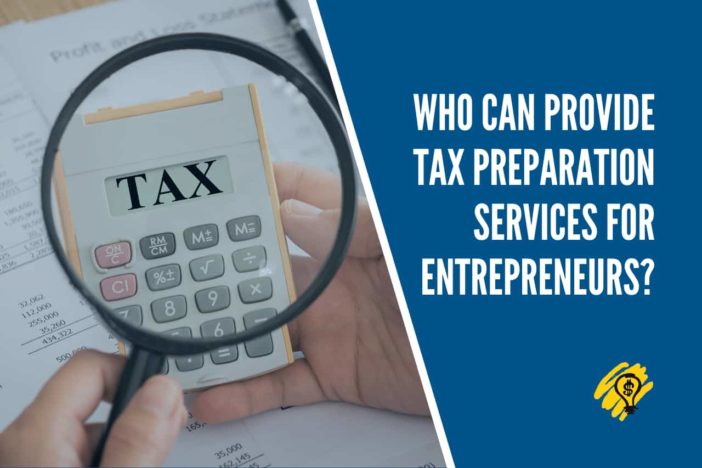Getting a tax return might feel like getting a Christmas present. As soon as you get your hands on extra money, you can go on a shopping spree, pay off your debt, or save it for the future. But for people who get small refunds, the celebration can be lifeless. This is because most taxpayers aspire to pay as little tax as possible. They kept more of their pay instead of giving more to the federal government and waiting until tax season to get it back.
Though you can’t avoid paying taxes, you can try to get the most money back possible. With some research, you can lower your tax bill and possibly get a bigger tax refund. To get started, here are some tips to maximize your tax return:
1. Review Your Filing Status
How you file your taxes can impact your tax refund, regardless of your marital status. Generally speaking, it’s logical for married couples to file a combined tax return. However, it isn’t always the best choice.
For example, filing separately may be a good idea if you or your spouse have a lot of business or medical expenses that cost more than a certain percentage of your income. This lowers your adjusted gross income and increases your deductions.
One drawback to this tactic is that you risk missing out on several necessary tax credits by filing separately. Still, it’s a good idea to crunch the figures and evaluate which file status provides the most benefit.
2. Check Out All Possible Tax Deductions
An expense that reduces your taxable income is known as a tax deduction. Your taxable income is calculated by subtracting it from your total income. State and local taxes can also be deducted when determining taxable income. Mainly, people only consider the major tax deductions when filing their taxes. But if you’re informed, you can take advantage of several lesser-known tax deductions:
- Business Travel – Tax deductions for business travel are available to self-employed individuals who are required to spend time away from home while on business. The government considers travel expenses normal and necessary expenses incurred by individuals traveling for business, profession, or work.
- Charitable Contributions – Any goods you donate to a recognized charity may be deducted from your taxable income. Therefore, keeping all receipts or other records to prove the value or cost of donated items is a good idea.
- Student Loan Interest – As long as you’re attending a recognized university, you may be able to deduct student loan interest for tuition and other applicable educational costs. However, if your parents pay the interest on your student loans, this can be deducted from your income since the government considers it a gift.
Even though tax deductions might help you maximize your tax return, it’s not always easy to determine how to claim them. You may consult with a tax professional to ensure that you’re claiming all of the appropriate deductions and credits, as tax laws are constantly changing.
3. See If You Qualify As Head Of Household
You may want to check to see if you qualify as the head of your household. There are few exceptions to this rule, but in general, you must have contributed more than half the cost of running a home for yourself and one or more eligible dependents. A dependent child or adult, like an elderly parent, can be considered a dependent person for tax purposes.
The head of the household status could have a significant impact on your tax refund. This is because heads of households receive a more significant standard deduction than those who file as individuals.
4. Utilize Tax Credits
A tax credit is a one-for-one reduction in the tax you owe the government. It’s possible to claim some tax credits even if your income doesn’t exceed the amount of taxes you’re required to pay. Typically, tax credits are determined based on your income, your filing status, and whether or not you have qualified dependents.
Some tax credits, such as the earned income credit and the dependency exemption credit, are only available to those who can prove they have a qualifying dependent. There are also education-related tax credits, but there may be different rules on when and how you can claim them.
Conclusion
Getting a tax return might be like getting a present for Christmas. When you have additional money, you can spend it, pay off your debt, or put it away for the long term. However, celebrations can be dull for those who receive a little refund.
Although taxes are inevitable, getting the most money back possible is possible. You can cut your taxes and perhaps earn a larger refund by following the tips in this post.





